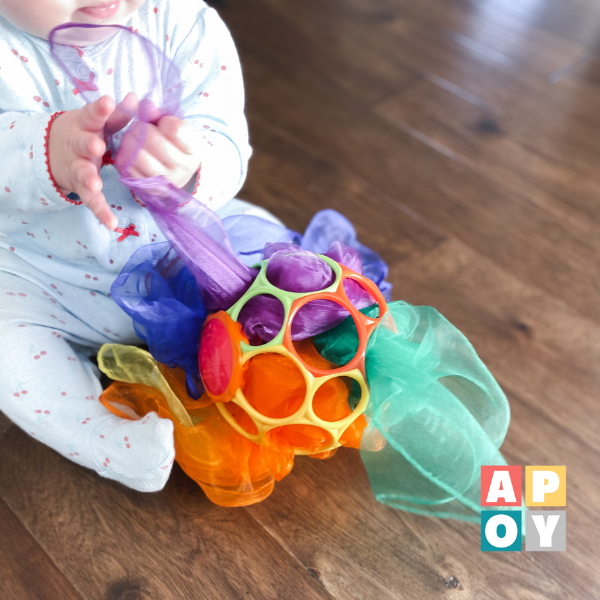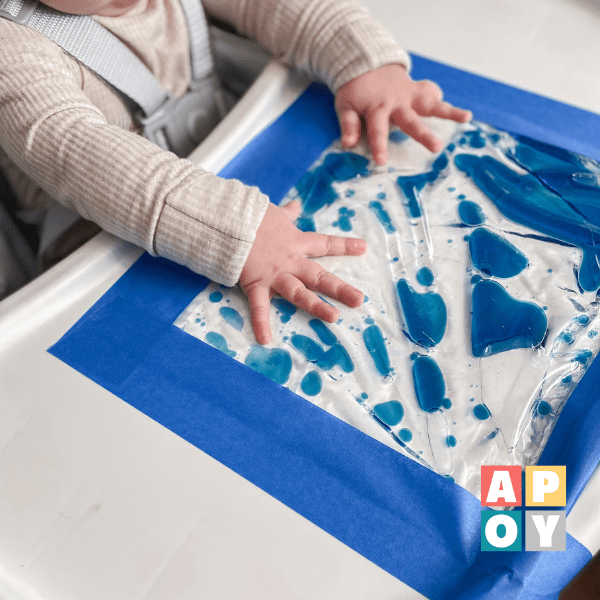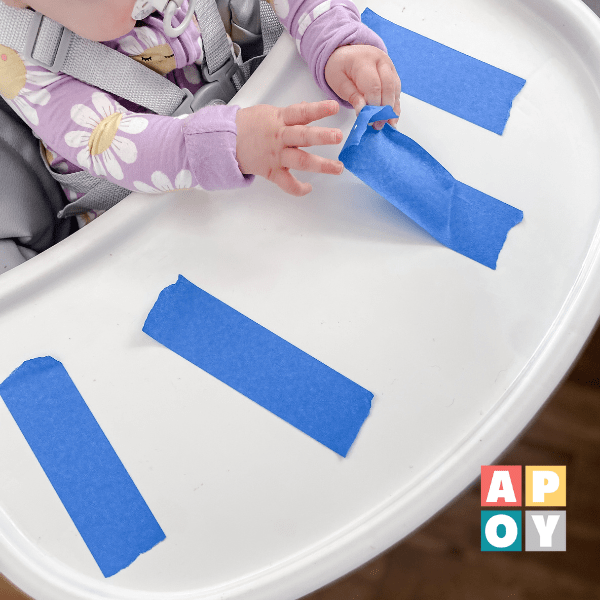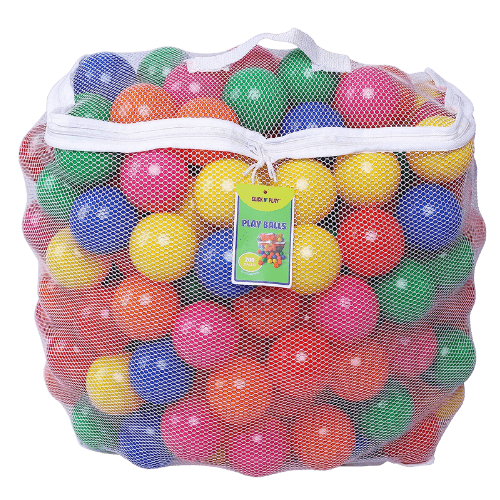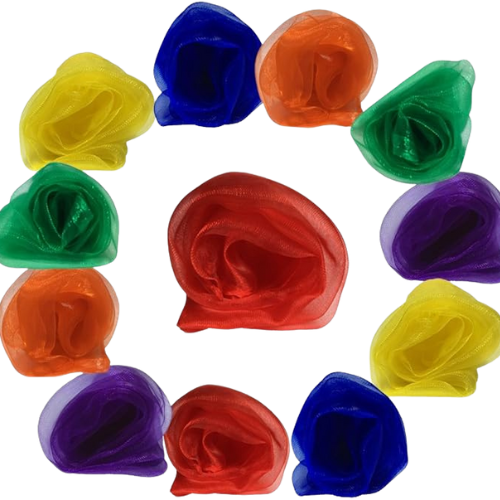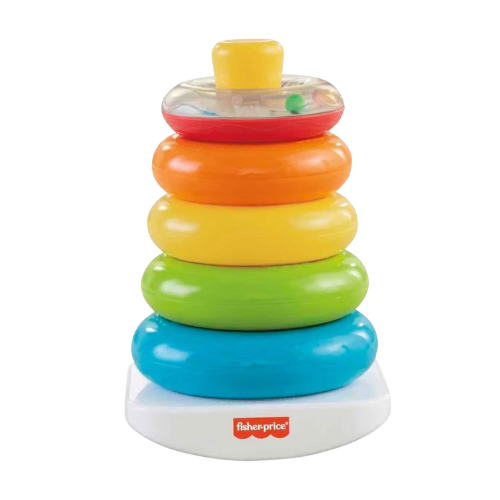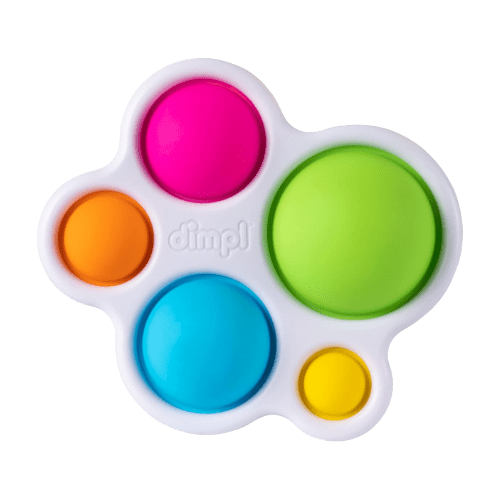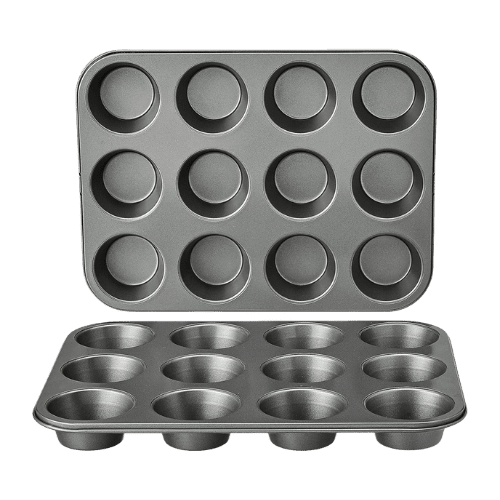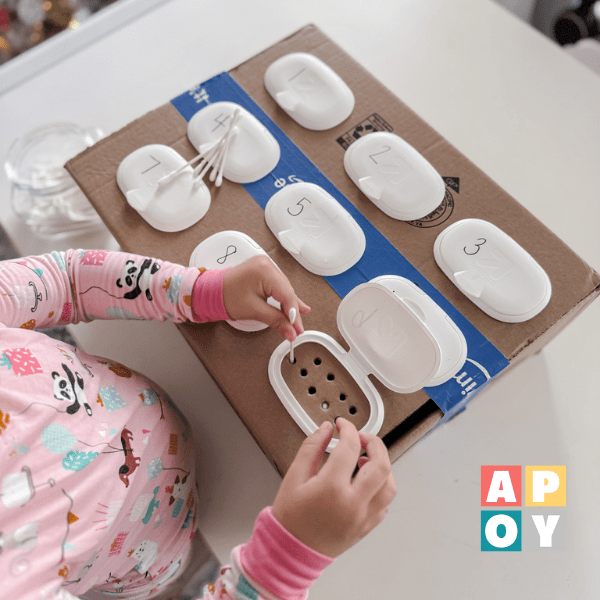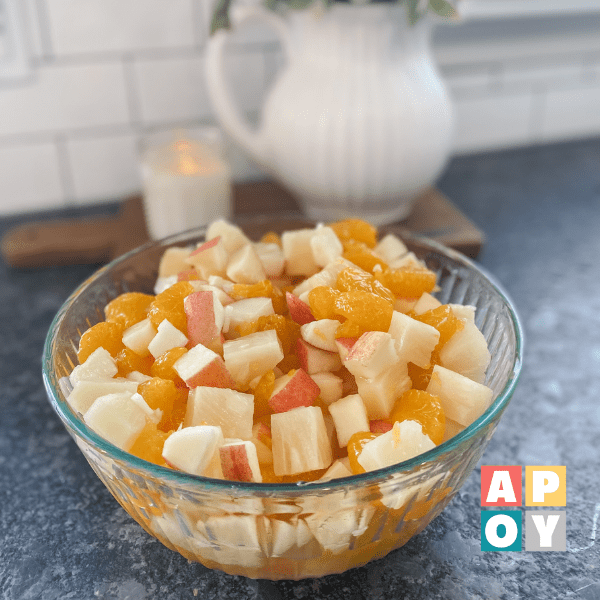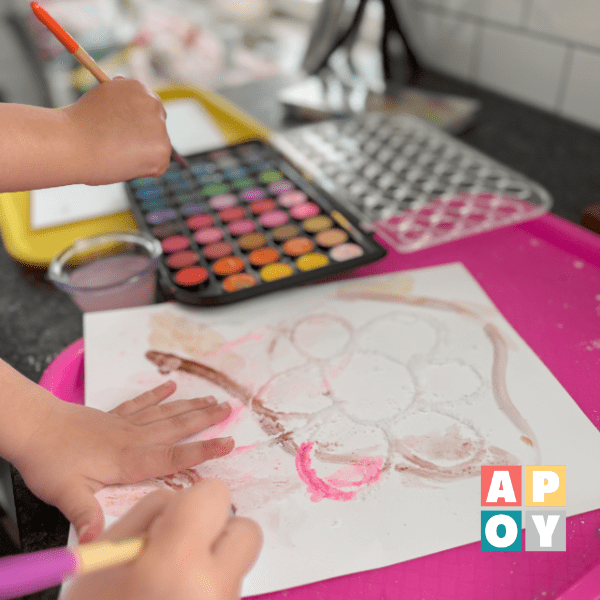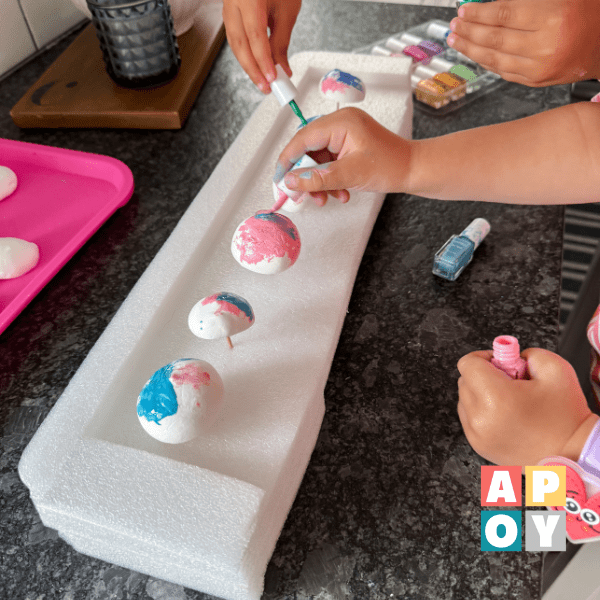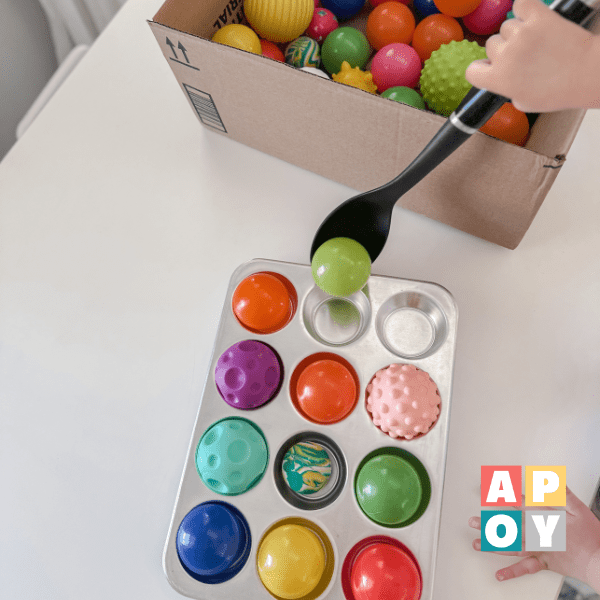6-12 Month Toddler Activities
Captivating and Stimulating Infant Activities for 6-12 Months: Nurturing Developmental Milestones
Welcome to our guide on infant activities for 6-12 months! This is a wonderful age where your little one is beginning to explore the world around them with newfound curiosity and wonder. As your baby grows, it’s important to offer them stimulating and educational activities that support their development in various areas. In this guide, we’ll share a range of engaging activities specifically designed for this age group, helping to nurture their emerging skills and create cherished moments together. But before we dive into the activities, let’s take a quick look at the developmental milestones for 6-12-month-old infants.


6-12 Month Developmental Milestones: Motor, Language, And Cognition*
Motor Milestones
(6-12 months):
- Developing better head control
- Beginning to sit without support
- Rolling over in both directions
- Starting to crawl or scoot
- Pulling up to stand
- Grasping and releasing objects
Language Milestones
(6-12 months):
- Babbling with consonant sounds (e.g., “bababa”)
- Responding to their name
- Understanding simple gestures (e.g., waving goodbye)
- Trying to imitate sounds and gestures
- Recognizing familiar faces and objects
Cognition Milestones
(6-12 months):
- Exploring objects with hands and mouth
- Understanding basic cause and effect (e.g., shaking a rattle to make noise)
- Beginning to show object permanence (e.g., looking for a hidden toy)
- Responding to simple directions (e.g., “come here”)
- Showing interest in simple picture books
For infants aged 6-12 months, every day is a new adventure filled with exploration and discovery. Their emerging mobility is evident as they start to confidently crawl and cruise along furniture, taking their first steps with support. Their dexterity and creativity are on full display as they grasp and manipulate toys, building towers with blocks and scribbling with crayons. While these activities may create a bit of a mess, they are crucial for developing their fine motor skills and fostering independence, especially as they begin to feed themselves with a spoon or fork.
In terms of language development, infants at this age are like sponges, soaking up new words and sounds. They may not be speaking yet, but they are actively listening and trying to mimic the sounds they hear. They understand simple words and gestures and may even start to use a few words themselves. They are also beginning to understand simple instructions and can follow along with familiar routines.
Cognitively, infants are constantly exploring their surroundings and learning about the world around them. They are starting to recognize familiar objects and people and are learning about cause and effect. They enjoy playing simple games like peek-a-boo and pat-a-cake, which help them understand that actions have consequences. They are also starting to develop a sense of ownership and may become attached to certain objects or toys.
Socially, infants are becoming more aware of others and may start to show preferences for certain people. They enjoy interacting with their caregivers and may start to show empathy towards others. They are also beginning to understand the concept of sharing, although they may still be possessive of their toys. Overall, this is an exciting time of rapid growth and development for infants, and engaging them in age-appropriate activities can help support their development and strengthen the bond between caregiver and child.
How Can You Foster Motor, Language, and Cognitive Milestones at this age?
Language Milestones
(6-12 Months):
- Talk to your baby often, describing your actions and the world around them.
- Respond to your baby’s babbles and attempts at communication.
- Read board books with simple pictures and textures for tactile exploration.
- Sing songs and nursery rhymes to your baby.
- Use gestures and facial expressions to enhance communication.
- Repeat sounds and words to reinforce language development.
*It’s important to note that every child develops at their own pace, and there can be variations within the normal range. If you have any concerns about your child’s development, it’s always a good idea to consult with a pediatrician or healthcare professional.


TRY THESE ACTIVITIES
Explore simple, hands-on activities below!
Remember, the primary focus is to engage your child in activities that are age-appropriate, safe, and enjoyable. These activities foster their development while nurturing the bond between you and your little one. So go ahead, have fun, and create precious memories as you embark on this exciting journey together!
MOST (UN)POPULAR FINDS
Shop Links for Follower Favorites Here
FIND MORE INSPIRATION
Even More Achievable Learning Ideas

